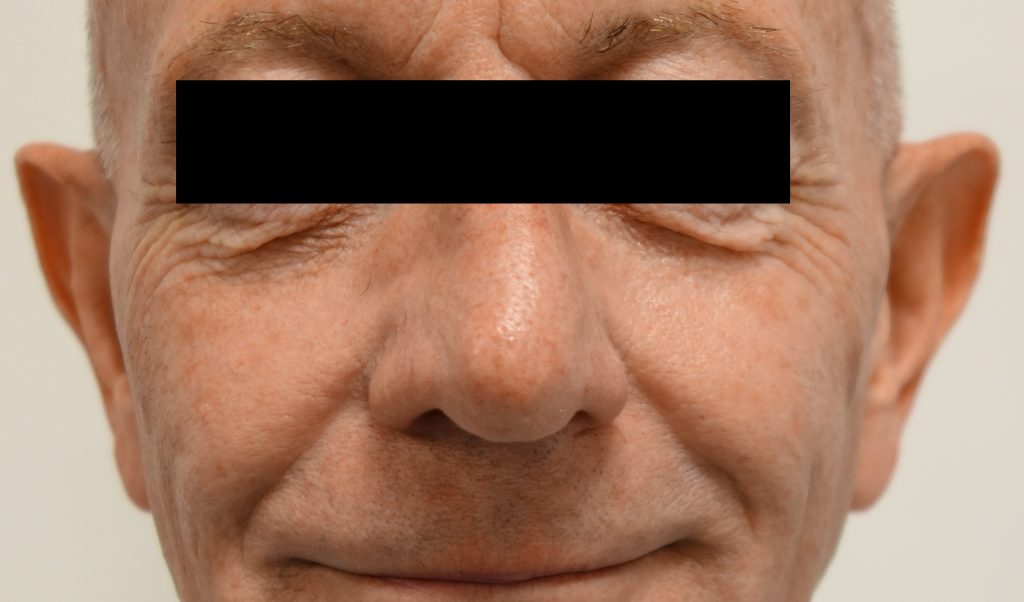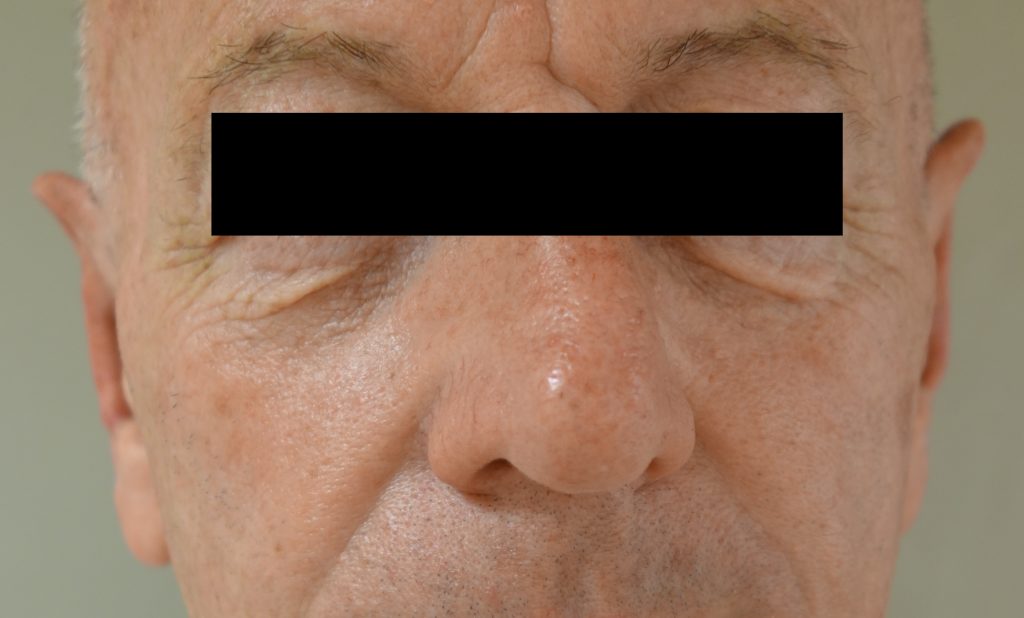Otoplasty
Otoplasty, also known as ear correction surgery, is a procedure to alter the appearance of the ears. Many patients undergo this type of surgery if their ears are particularly protruding.
What Is Ear Correction Surgery?
Ear correction surgery can be performed on anybody when their ears reach their full size, usually after the age of 5. The procedure aims to effectively ‘pin back’ the ears to bring them closer to the head for a more natural appearance.
How much does Otoplasty cost?
Once we’ve accessed your situation and condition via a consultation, we’ll provide you with a quote. This will include costs for your surgery, surgeon and anaesthetic fees and costs for the hospital whilst they accommodate you. Overall, your Otoplasty cost will depend mainly on the discussion during your consultation and your personal circumstances.
How To Prepare For Otoplasty Surgery
At UK Aesthetics, we want every patient to feel as though they’re as prepared as possible before any treatment. That’s why we invite patients in for an initial consultation to discuss the otoplasty procedure as you may have many unanswered questions when you ask yourself “should I get an otoplasty?”. During this consultation, the surgeon will ask about your medical history, so it’s important that you’re as transparent as possible at this time. Our aim is to ensure you’re getting the very best treatment option for you, which we can only do when we’re provided with all the information we need. If you do choose to go ahead with the surgery, please note that 6 weeks prior to surgery you’ll be required to:
- Avoid taking herbal supplements or anti-inflammatory tablets
- Stop taking any aspirin
- Stop smoking
We also advise that you arrange for a friend or relative to collect you after the operation. You may also wish to take time off work for recovery, usually about 1 week.
Case Studies
What Happens During The Procedure?
This procedure lasts 30 minutes to 1.5 hours and is typically performed under local anaesthetic. The techniques vary based on what kind of ear correction surgery is needed. The otoplasty Manchester clinics commonly perform involve an incision either on the back of the ears or within the inner creases of the ears. After the incision is made, the surgeon will remove excess cartilage and skin. They’ll then reposition it and fold it into the correct place before securing it with internal stitches. Then, additional stitches will be used to close the incision.
Aftercare
After the surgery, your ears will be covered with a protective headband that you’ll be expected to keep on for about 4 – 6 weeks. Once the first band is removed you might be required to wear a smaller one. Additionally, you’re likely to feel some discomfort and itching, so may be prescribed painkillers. It’s vital that you follow the aftercare advice from the surgeon, including:
- Keep the wounds as dry as possible
- Avoid strenuous exercise and sports
- Massage the otoplasty scars when they’re healed
About a week after surgery you’ll be seen in the dressings clinic to check the progress of your otoplasty recovery.
Results
As soon as your bandages are removed you will start to see the difference in your newly shaped ears. You’ll need to wait for the swelling to calm down to see the final results, which should be a matter of weeks.
FAQs
What Could Go Wrong With The Surgery?
We’re highly experienced in conducting ear correction surgery, though as with any cosmetic surgery, there are some associated risks and complications. Some common complaints include bruising, scaring, and swelling. The more uncommon risks are blood clotting, inflammation and ear stiffness. All possible outcomes will be discussed during your consultation.
How Much Does Otoplasty In Manchester Cost?
This depends on what exactly is required. A full quote including hospital, anaesthetic and surgeon fees will be provided after your consultation.
Will The Results Be Permanent?
Though the majority of the time the results of ear pinning are permanent, in some cases it can come undone. This can easily be rectified with a repeat procedure.
How Long Do The Scars Take To Heal?
At first, the scars may appear red or purple, but after a few months they will begin to heal and fade into white.






